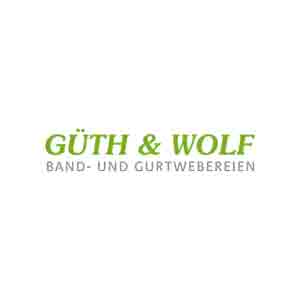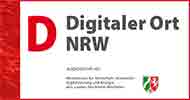What You Need to Know About Cloud Email Security
New York, March 3, 2022
Email is one of the top three cloud services in use today. As one of the most prominent forms of communication used by modern businesses, email is a common vector for both targeted spear-phishing attacks as well as other forms of malicious information gathering.
The market reflects the need for cloud email security, with dozens if not hundreds of security solutions available. With so many options it’s hard to know what to look for and which secure email services are the most valuable investment for your company.
What to Look for in a #Cloud #Email Security Solution
In order to qualify as a cloud email security solution, a product must provide cloud-hosted email services and protect against email-based attacks by blocking or quarantining suspicious emails. At the basic level, the email security solution should protect against a wide range of threats such a social engineering attacks, malware, viruses and spam.
Social engineering attacks include phishing, including brand impersonation and business email compromise, which are bulk attacks, and spear-phishing, which targets a specific individual with personal details about their work or lives.
Malware attacks are often embedded in emails with malicious links or attachments. Clicking on those links or opening the attachments can trigger ransomware attacks or allow spyware to enter a company’s network to monitor and steal confidential information. Viruses may freeze an individual’s computer or a company’s network and prevent daily work from being accomplished, but they can also have impacts beyond the office. Some viruses damage a company’s brand reputation by publicizing private information or sending emails with embarrassing content, purportedly from the company to partners, clients and vendors.
How Cloud Email Security Protects Businesses
Cloud email security solutions help companies comply with regulations regarding data protection by preventing data leakage resulting from malicious attacks and compromised networks. With increasingly strict privacy laws, companies are accountable for the security of the personal information they store and transmit. Regulators can demand that companies show they are taking adequate security measures to protect confidential data.
Additionally, cloud email security solutions may include capabilities to prevent data loss, encrypt outbound email and ensure continuity of service in the case of an email outage or surge in email traffic.
Additional considerations include whether employees and the data they work with are protected across devices and the amount of friction caused by the security protocols and procedures.
In other words, the cloud email security solution should hinder employees’ ability to work as little as possible, should be easy to use and not incentivize employees to circumvent it. On the other end of the spectrum from useability is customization. The more customizable the security solution is, the more likely it will detect threats specific to each industry or company.
The Bottom Line
Cloud-based business solutions are becoming the norm and cloud-based email security is the best tool to protect businesses. Cloud email security often uses the most advanced tools such as artificial intelligence and machine learning to identify emerging threats and new types of attacks.
However, no one product will be right for all companies. By reviewing their needs and the needs of their industries, companies can establish criteria by which to choose the best cloud email security solution.









































 Gütsel RSS Feed
Gütsel RSS Feed



















































